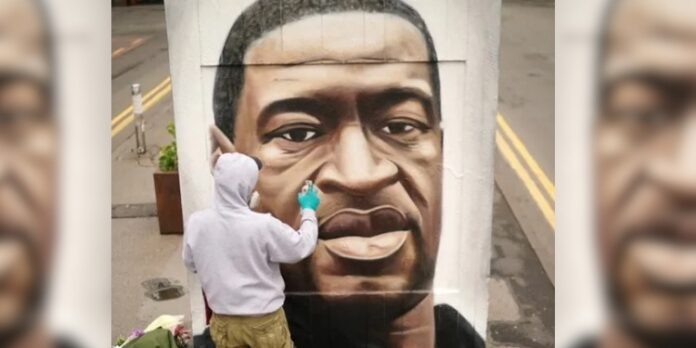In the wake of George Floyd’s death, a global awakening seemed to spark an unprecedented commitment to racial justice and police reform. Across the United States, citizens and lawmakers alike appeared poised to address systemic issues head-on. Fast forward to today, and the situation paints a grim reality. The initial flurry of support for Black Lives Matter and its demands for equality and justice has waned significantly, replaced by a resurgence of policies that threaten to undo the progress made.
Recent legislative actions across several states, including Georgia, Tennessee, Texas, Maryland, Oregon, and Florida, reflect a disturbing trend toward reintroducing and enforcing tougher laws that disproportionately impact Black communities. In Georgia, the rollback of criminal justice reforms and the imposition of cash bail for new crimes mark a significant regression from the progress made just a few years ago. Tennessee’s decision to block reforms that could have improved how police handle routine traffic stops directly contradicts the lessons we should have learned from the tragic death of Tyre Nichols.
Florida, under Governor Ron DeSantis, has become the epicenter of this reactionary wave. The so-called “anti-rioting” law and other measures that limit the powers of civilian review boards and restrict the ability of bystanders to film police actions represent a clear threat to the very principles of transparency and accountability that activists have fought to uphold. The rationale given—that these laws are meant to ensure safety and order—rings hollow when viewed against the backdrop of their implications.
These legislative changes are not just political maneuvers; they are direct responses to the heightened scrutiny police departments faced in the aftermath of Floyd’s murder. They aim to curtail the power of the public and independent bodies to hold law enforcement accountable. This pushback against reform efforts is not about enhancing safety but about consolidating power and shielding police from oversight.
The narrative being constructed by some lawmakers, that these laws are for the protection of all, blatantly ignores the disproportionate impact they have on Black communities. It’s a narrative that seeks to pacify with promises of order at the expense of justice.
Moreover, the real-life consequences of these policies are already visible. The shooting of Donald Armstrong by Miami police, cited as a response to a mental health crisis, exemplifies the urgent need for the kind of reform these new laws aim to dismantle. The continued reliance on lethal force and the lack of de-escalation tactics are issues that laws like those in Florida only serve to exacerbate.
It is vital that we recognize these steps backward for what they are: a concerted effort to weaken the momentum towards genuine equality and justice. We must challenge these regressive policies and continue to demand accountability and reform. As the community and families of those affected by police violence persist in their fight, so too must our collective resolve to oppose any actions that undermine our pursuit of a fair and just society.
Our commitment must not waver, for the stakes are too high and the cost too great. The battle for justice and equality demands our unwavering attention and action, lest we find ourselves repeating the very cycles of violence and injustice we seek to end.








